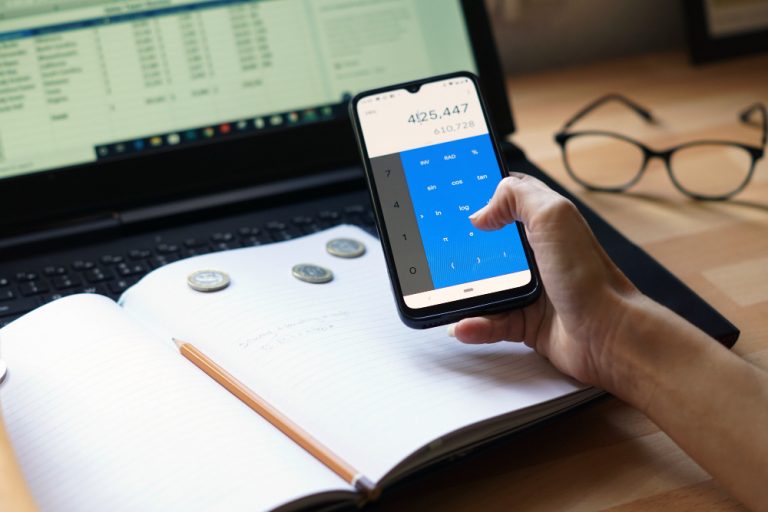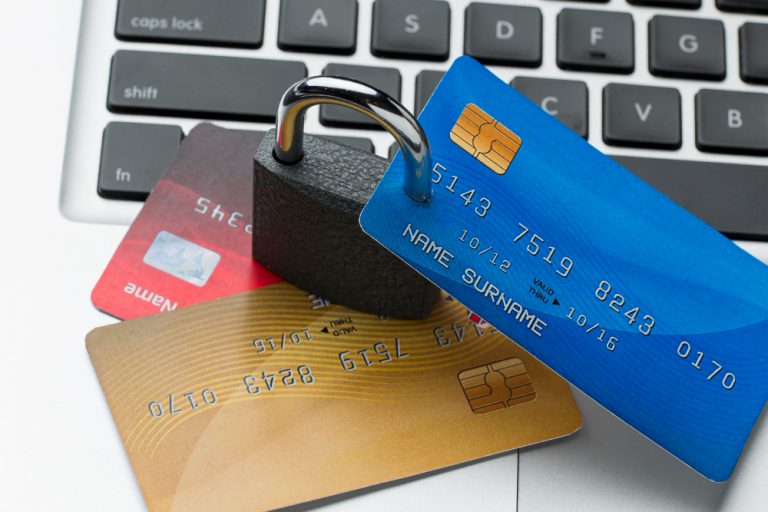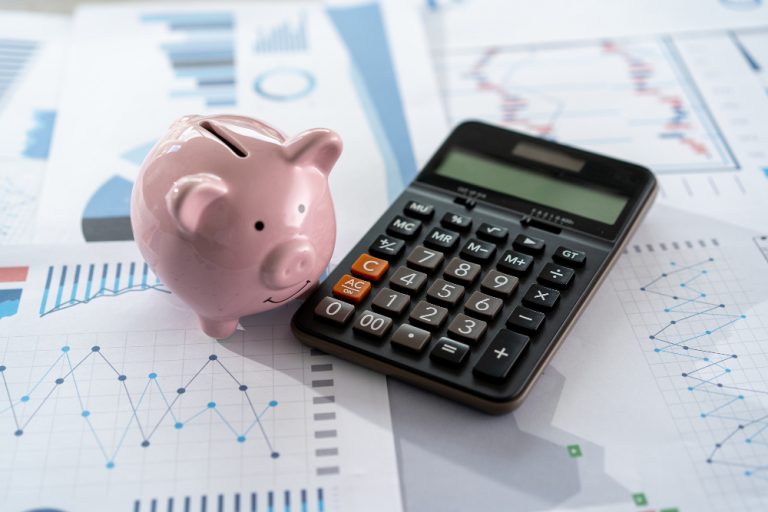The psychology behind impulsive spending and how to control it
Impulsive spending is a common behavior in many people. Often, we find ourselves buying something we don’t need simply because we saw it in a store or online and thought we wanted it. This behavior can have negative consequences on our personal finances in the long run, and it’s important to understand the psychology behind it in order to control it.

Why do we spend impulsively?
There are several reasons why we spend impulsively. First, it can be a way to relieve stress or anxiety. Buying something new can make us feel good temporarily, but it often becomes a vicious cycle where we keep buying to get that same feeling of relief.
Another reason we spend impulsively is for instant gratification. Most impulsive purchases are made to satisfy an immediate desire, without considering the long-term consequences on our personal finances.
Finally, there may also be a sense of lack of control in our lives that leads us to spend impulsively. In times of stress or uncertainty, spending can make us feel like we have some control over our lives and emotions.

How can we control impulsive spending?
Fortunately, there are several strategies we can use to control impulsive spending and take control of our personal finances.
- Recognize and understand impulsive behavior: The first step in controlling impulsive spending is to recognize that we’re doing it and understand why we’re doing it. It’s important to be honest with ourselves about our emotions and motivations behind our impulsive purchases.
- Set a budget and spending plan: Setting a budget and spending plan can help us make more informed and conscious decisions about our purchases. By knowing how much we can spend in each spending category, we can avoid the temptation to spend impulsively on things we don’t need.
- Wait before buying: A good strategy for controlling impulsive spending is to wait before buying something. If we see something we want, instead of buying it immediately, we can wait a day or two to see if we really need it or if it’s just a momentary whim.
- Identify emotional triggers: Identifying our emotional triggers can help us avoid situations that can lead us to spend impulsively. If we know we’re more likely to spend impulsively when we’re anxious or stressed, we can take steps to better manage those emotions.
- Use cash instead of credit cards: Credit cards can facilitate impulsive spending by allowing us to buy things without worrying about cash at that moment. Instead, we can use cash for our daily purchases and reserve credit cards for larger, planned purchases.






